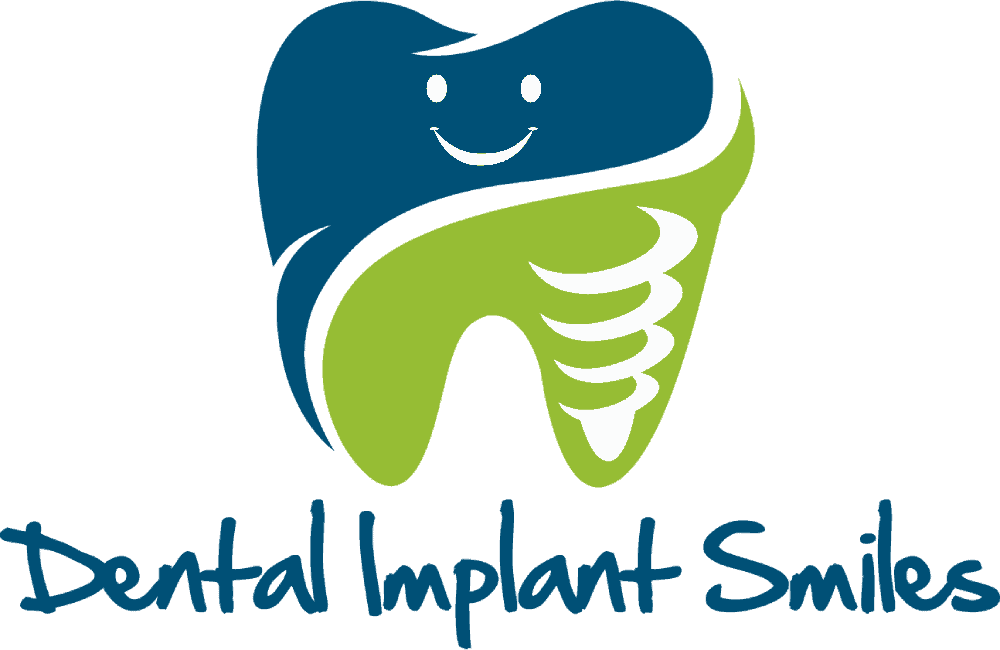New Antibiotic May Help Fight Gum Disease
October 31, 2018Caring for your teeth and your heart
February 13, 2019In order to maintain good oral health, it is crucial to maintain the balance between ‘good’ and ‘bad’ bacteria.
The average person has anything between 20 and 100 billion bacteria in their mouth, which is more than the entire human population.
According to researchers, there are more than 700 different kinds of bacteria that can live in the human mouth.
An array of oral diseases
The concept of bacteria in your mouth might not sound very attractive, and while it is true that certain bacteria are responsible for causing disease, not all bacteria are bad – some are actually involved in keeping you healthy. In fact, according to Scientific American, avoiding halitosis (bad breath) requires the right balance of oral microbes in your mouth.
It is important to have enough good bacteria in your mouth as they keep the bad ones in check by producing proteins that control their growth. Most of the bacteria found in your mouth reside in plaque, the sticky film that covers the surface of your teeth.
The most common oral problems people suffer from are:
Plaque retention
Tooth decay
Periodontal disease
Mouth ulcers
Cavities
Teeth discolouration
Halitosis (bad breath)
Certain foods favour good bacteria that prevent tooth decay and oral disease, while other foods support bad bacteria that can cause an array of oral diseases. Of all the different types of bacteria found in the mouth, fortunately only a few are harmful. As mentioned above, it is crucial to keep a balance between the good and bad bacteria.
Some of the good bacteria are:
Streptococcus salivarius is found naturally in the mouth. It has anti-microbial properties that can naturally reduce cariogenic and periodontal disease in the mouth.
A12 microbe bacteria can help fight cavities. They can, for example, disrupt Streptoccus mutans’ ability to produce plaque on the teeth.
Lactobacillus bacteria show a significant ability to inhibit the growth of oral streptococcus mutans and Candida albicans.
The main bad guys are:
Streptococcus mutans, commonly found in the mouth, is a significant contributor to tooth decay. It feeds on sugars and produces an acidic environment in the mouth.
Porphyromonas gingivalis, which when found in the mouth is generally the cause of periodontitis, an infection of the gum. This can result in the loss of teeth.
Anaerobic bacteria. Bad breath is mainly caused by Gram-negative bacteria. The species that cause bad breath are: Treponema denticola, Porphyromonas gingivalis, Tannerella forsythensis, Porphyromonas endodontalis, Prevotella intermedia and Eubacterium. These bacteria produce volatile sulphur compounds that can create really bad smelling breath.
Gum disease linked to cancer
According to a previous Health24 article, oral health problems can pose a threat to your general wellbeing. For example, it has been suggested that people with periodontal disease are twice as likely to suffer from coronary artery disease than those not afflicted by this condition.
A recent study, led by The Lancet Oncology, confirms the link between gum disease and a number of cancers. The study reveals that even the presence of moderate gum disease can increase the risk of cancer by 14%. Although the link between cancer and gum disease is still being investigated, it is certain that pathogenic bacteria, caused by gum disease, can make their way into the blood and may lead to a decrease in the body’s immune response.
Here are seven tips that will help keep your mouth and body healthy:
- Don’t smoke.
- Eat foods that are rich in minerals and vitamins.
- Avoid sugary, sticky snacks, which can encourage plaque growth.
- Brush your teeth after every meal and before going to bed.
- Floss at least once a day.
- Go for regular dental checkups.
- Visit your dentist if your gums are bleeding or swollen.
